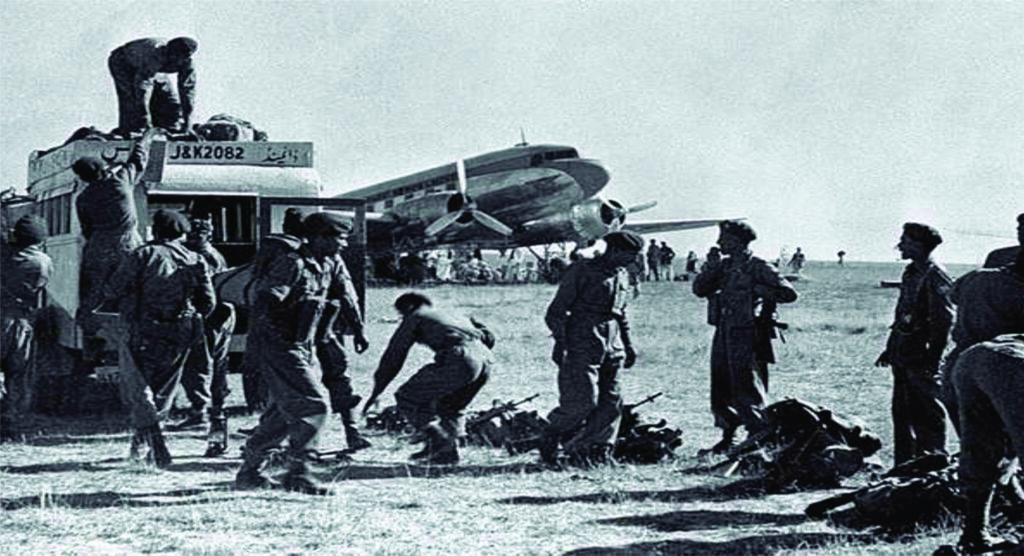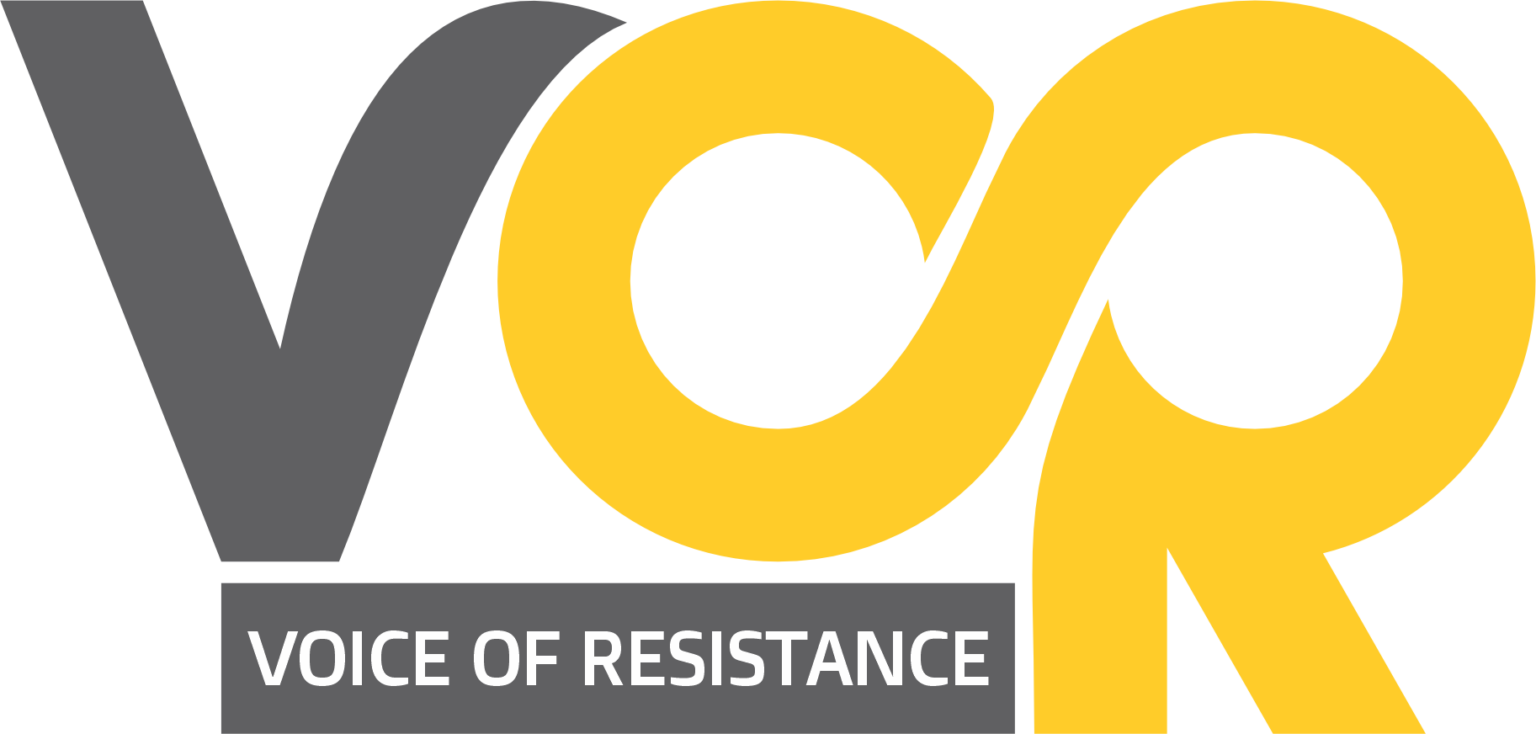
27 October 1947: Forgetting Is a Luxury Oppressed Cannot Afford
This creative monologue, giving voice to Kashmir, has been written by Abdul Majid.
The day was quiet, and an aura of gloom hung in the air. It felt as though the mountains that cradled me had whispered a warning in the wind, a foretelling of the storm that was about to engulf me. I remember the moment clearly – the way the golden autumn light filtered through the trees and casted long shadows over my valleys. My rivers ran cold that day while sensing something amiss. The birds, usually chirping with the joy of freedom, were silent. I was holding my breath, unaware that it would be the last time I’d know peace.
Then they came. Soldiers, hundreds of them, marching onto my chest with rifles slung across their shoulders and a weight of intent in their steps. They arrived on iron birds and landed on my heart as if I were nothing but a prize, a territory to be claimed. That day became the beginning of my unending sorrow, the day I was again torn apart from within. Before this, I have faced many such invasions from foreign, barbaric people.
I am Kashmir. Once a paradise, a place of beauty where poets found their muse and where my people lived with the grace of nature. My skies, kissed by the snowcapped Himalayas, and my meadows, brushed by wildflowers, were once symbols of peace. But after that day, I became a battleground, and my people—the ones who cherished me—became prisoners of war. The sounds of laughter that used to ripple across my lakes were replaced by the echo of gunfire, and the scent of saffron in the air was tainted with the acrid smoke of burning homes.
I didn’t understand what was happening at first. My people, too, were confused. They had no part in the politics that carved me up, yet they were the ones to bleed. The soldiers didn’t see them as children of my valleys, of my streams, or my forests. To them, they were obstacles—mere bodies to control, to punish, to erase. The first scream tore through me like a lightning bolt, but it wouldn’t be the last. Every cry, every plea that followed sank deep into my soil and planted seeds of grief that would grow into forests of sorrow.
As the years passed, the violence deepened, and I was transformed into something unrecognizable. I was disfigured. I tried to keep my rivers running free and tried to keep my mountains proud, but my heart was breaking. My body was covered in scars—villages flattened, homes destroyed, lives torn apart. I became one of the most militarized regions in the world, suffocated under barbed wires, bunkers, and checkpoints. I watched as my children—so full of life once—disappeared in the dead of night, taken by soldiers who turned my fields into graveyards.
The mothers, oh, the mothers—they haunt me. I watch them, wrapped in their shawls, waiting for sons who never come home. Their faces, filled with the pain of years, look out over my valleys and hope for a glimpse of someone who was taken away, never to return. I wish I could comfort them, but all I have to offer is the cold wind and the memories of what once was. The pain of a mother’s loss is the deepest scar I carry.
And the children, those who have grown up knowing nothing but fear—they break my heart the most. Their innocence, stolen by the sight of guns, the sound of boots on the ground, the constant shadow of war. They know no lullabies, only the sound of burning houses. I weep for them, for the future they deserve.
Every crack in my earth holds the tears of my people. Every tree stands as a silent witness to the horrors that unfold day after day. My rivers—once symbols of life—have carried away the bodies of those who were deemed disposable, their souls swept downstream as the world looked away. I scream, but my cries are drowned out by the sound of helicopters and gunfire. I bleed, but my wounds are bandaged only in silence.
Decades have passed, and still, I am not free. The occupation continues, like a slow poison. Every time my people dare to rise, dare to speak, they are silenced with force. Curfews lock them in their homes, soldiers knock down their doors, and fear runs like a current through the streets. Yet, despite it all, my people have not given up. They resist, because forgetting is not a choice for them. They carry my pain with them, but they also carry my hope.
I long for the day when I will once again echo with the songs of joy, when my meadows will be free from the boots of soldiers, and my rivers will flow without carrying the weight of sorrow. I dream of a time when the children of my soil will play without fear, and the mothers will no longer wait at their windows watching the horizon for sons who will never return.
But until that day, I remain in chains, broke, sad, and oppressed. I am Kashmir. My beauty may have faded under the shadow of violence, but my soul remains uncrushed. The day of October 27, 1947, began my nightmare, but it did not destroy me. I remember. Because forgetting is a luxury I cannot afford.



